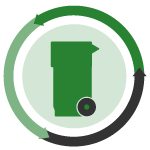 The U.S. officially withdraws from the Trans-Pacific Partnership, and an Oklahoma community struggles with high rates of contamination in curbside carts.
The U.S. officially withdraws from the Trans-Pacific Partnership, and an Oklahoma community struggles with high rates of contamination in curbside carts.

 The U.S. officially withdraws from the Trans-Pacific Partnership, and an Oklahoma community struggles with high rates of contamination in curbside carts.
The U.S. officially withdraws from the Trans-Pacific Partnership, and an Oklahoma community struggles with high rates of contamination in curbside carts.
 A new MRF is making some money and extending the life of a landfill, and the European Union’s elected body approves aggressive recycling targets.
A new MRF is making some money and extending the life of a landfill, and the European Union’s elected body approves aggressive recycling targets.
 A U.K. coffee chain begins collecting post-consumer coffee cups at its 2,000 locations, and an Eastern European country has a long way to go to meet the continent’s diversion goals.
A U.K. coffee chain begins collecting post-consumer coffee cups at its 2,000 locations, and an Eastern European country has a long way to go to meet the continent’s diversion goals.
 A bio-derived plastic that could replace PET in food and drink packaging has received interim recycling approval from an industry organization in Europe.
A bio-derived plastic that could replace PET in food and drink packaging has received interim recycling approval from an industry organization in Europe.
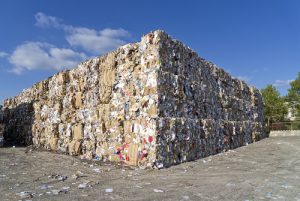 For North America’s largest haulers, recycling pleasure has given way to pain. After enjoying big returns from higher commodity prices in the first quarter, three recycling giants noted tumbling fiber prices in April.
For North America’s largest haulers, recycling pleasure has given way to pain. After enjoying big returns from higher commodity prices in the first quarter, three recycling giants noted tumbling fiber prices in April.
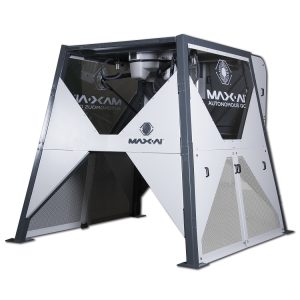 In the not-too-distant future, artificial intelligence may see and control all that’s happening in a recycling facility. But first, it’s going to do some work on a quality control line.
In the not-too-distant future, artificial intelligence may see and control all that’s happening in a recycling facility. But first, it’s going to do some work on a quality control line.
 A tech startup is developing a new product to verify trustworthiness among traders of recyclable materials.
A tech startup is developing a new product to verify trustworthiness among traders of recyclable materials.
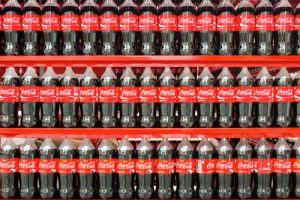 In a departure from the beverage giant’s long-standing position, Coca-Cola has announced its support for a container deposit program in the United Kingdom.
In a departure from the beverage giant’s long-standing position, Coca-Cola has announced its support for a container deposit program in the United Kingdom.
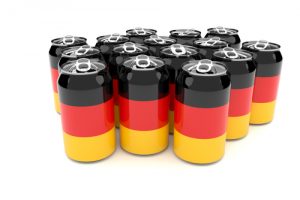 Germany continues to post the highest recycling rate in Europe, and a few other countries experienced surges in their rates.
Germany continues to post the highest recycling rate in Europe, and a few other countries experienced surges in their rates.
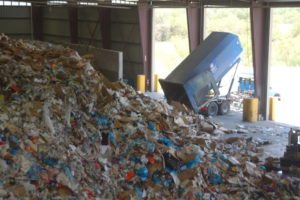 Low commodities prices and increasing contamination have forced materials recovery facilities in Great Britain to significantly increase charges to municipal partners, a survey shows.
Low commodities prices and increasing contamination have forced materials recovery facilities in Great Britain to significantly increase charges to municipal partners, a survey shows.
